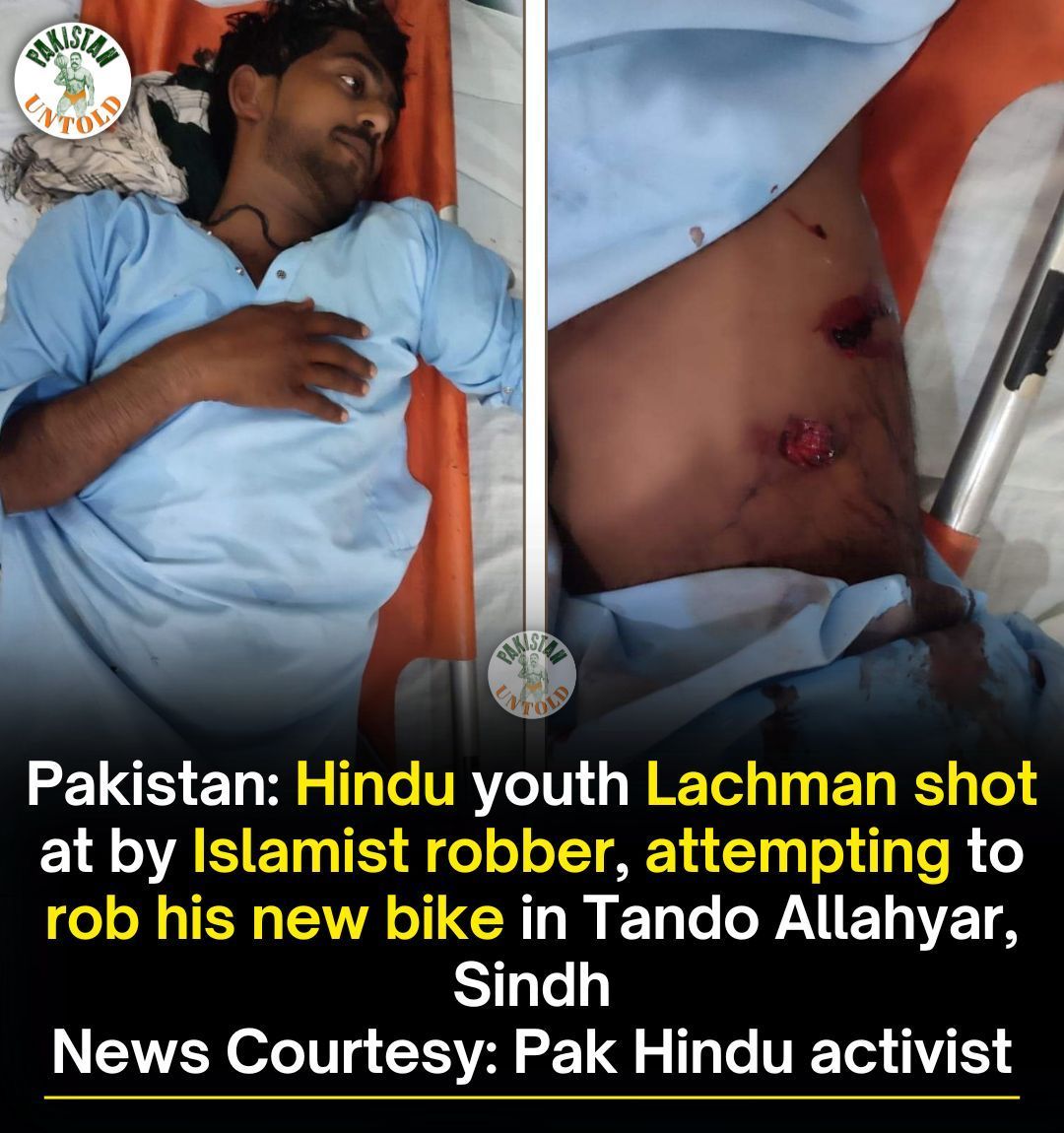Historical Context and Demographics
The partition of British India in 1947 marked a significant turning point for Hindus in Pakistan. The creation of Pakistan as a separate Muslim-majority state led to large-scale migrations, with many Hindus relocating to India. Those who remained became a minority in a newly formed nation grappling with its identity. Today, the majority of Pakistan’s Hindu population resides in the Sindh province, where they have established vibrant communities despite their minority status.
Social and Economic Challenges
Hindus in Pakistan often find themselves marginalized in various aspects of daily life. Social discrimination manifests in multiple forms, from derogatory remarks to systemic exclusion from certain professions and public offices. Economic opportunities for Hindus are limited, with many relegated to low-paying jobs in agriculture or sanitation. This economic marginalization perpetuates a cycle of poverty and limits access to quality education and healthcare.
Forced Conversions and Religious Persecution

One of the most pressing issues facing Pakistani Hindus is the phenomenon of forced conversions. Reports of Hindu girls being abducted, forcibly converted to Islam, and married off to Muslim men have garnered international attention and condemnation. These incidents underscore the vulnerability of Hindu women and girls, who often lack legal and social protections.
Religious persecution extends beyond forced conversions. Hindu temples and places of worship have been targets of vandalism and desecration. In some cases, authorities have failed to provide adequate protection or take swift action against perpetrators, fostering an environment of impunity. This atmosphere of fear and insecurity inhibits Hindus from freely practicing their faith and celebrating their religious festivals.
Legal and Political Representation Pakistani Hindus
While Pakistan’s constitution provides for the protection of minority rights, authorities implement these provisions inconsistently. Hindus often struggle to find fair representation in a predominantly Muslim judicial system, facing biased legal recourse for issues such as land disputes or blasphemy accusations. With only a few seats reserved for minorities in provincial and national assemblies, Hindus face limited political representation. This lack of political power hampers their ability to advocate for their rights and interests effectively.
Efforts and Hope for Change Pakistani Hindus
Despite these challenges, ongoing efforts aim to improve the plight of Pakistani Hindus. Civil society organizations and human rights activists tirelessly document abuses, provide legal aid, and raise awareness about issues facing Hindu communities. Initiatives promoting interfaith dialogue and community integration seek to bridge divides and foster mutual respect between religious groups.
The international community also plays a crucial role in advocating for the rights of Pakistani Hindus. Global human rights organizations and foreign governments exert pressure on Pakistani authorities to protect minority rights and hold perpetrators of religious persecution accountable.
The plight of Pakistani Hindus involves complex and multifaceted issues that require sustained attention and concerted efforts from both within and outside Pakistan. While the challenges are significant, the resilience of the Hindu community is being tested each day!


